In the world of table tennis today, Zhang Benmei is undoubtedly one of the most promising new stars. At just 16 years old, she has already made a name for herself on the international stage, with her outstanding skills and remarkable mental fortitude earning her recognition as one of the strongest opponents to the national table tennis team in the next decade.
Recently, news emerged that surprised many - her father, Zhang Benyu, turned down an invitation from the Japanese national table tennis team. What considerations lie behind this decision? Let's analyze it from the perspective of the father, the athlete's growth path, and the harsh realities of competitive sports.
- Abandoning Mixed Doubles in Favor of Focusing on Singles: A Wise Move
The Japanese national table tennis team hoped that Zhang Benmei would take on the mixed doubles task during the upcoming Los Angeles Olympic cycle, aiming to replicate the achievements of Tokyo Olympics mixed doubles champion Ito Mima.

In theory, mixed doubles is a project with relatively less competitive pressure at the Olympics, offering a higher chance of winning a championship than singles.
However, Zhang Benyu resolutely rejected this proposal. This choice may seem risky, but upon closer analysis, it is actually paving the way for his daughter's future development.
Zhang Benyu's reasoning is very clear: The mixed doubles task would divert Zhang Benmei's energy, and at only 16 years old, she is at a critical stage where her technical style and psychological quality are improving comprehensively.
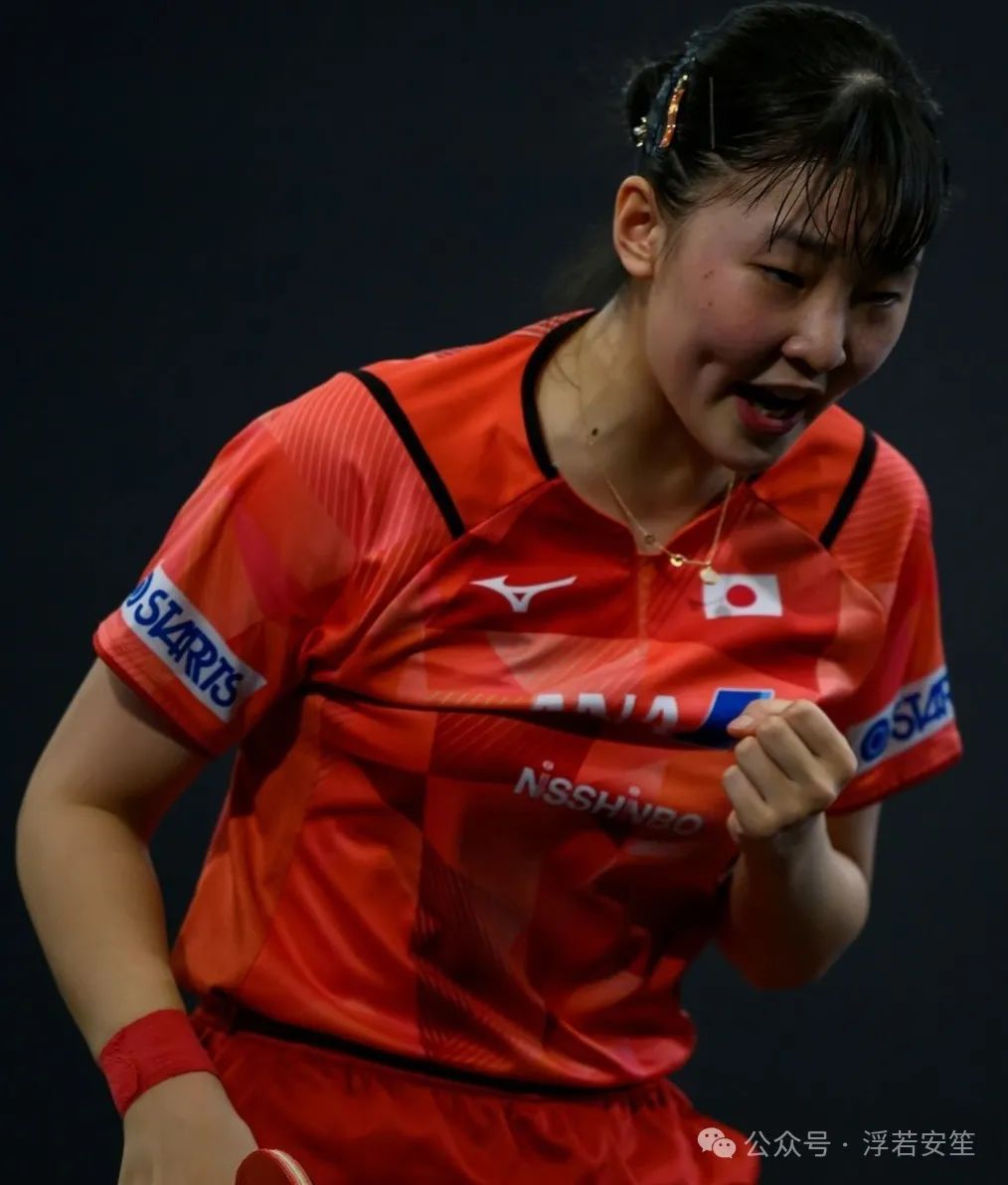
If she were to hastily take on three events, needing to balance singles, team, and mixed doubles, the dual pressures on her body and mind could become overwhelming.
More importantly, in the field of table tennis, singles is the standard by which a player's true strength is measured. Only by standing firm in singles competition can one be considered a top player.
In contrast, although Ito Mima won the mixed doubles gold medal at the Tokyo Olympics, her women's singles results have never been able to shake the dominance of the national table tennis team.
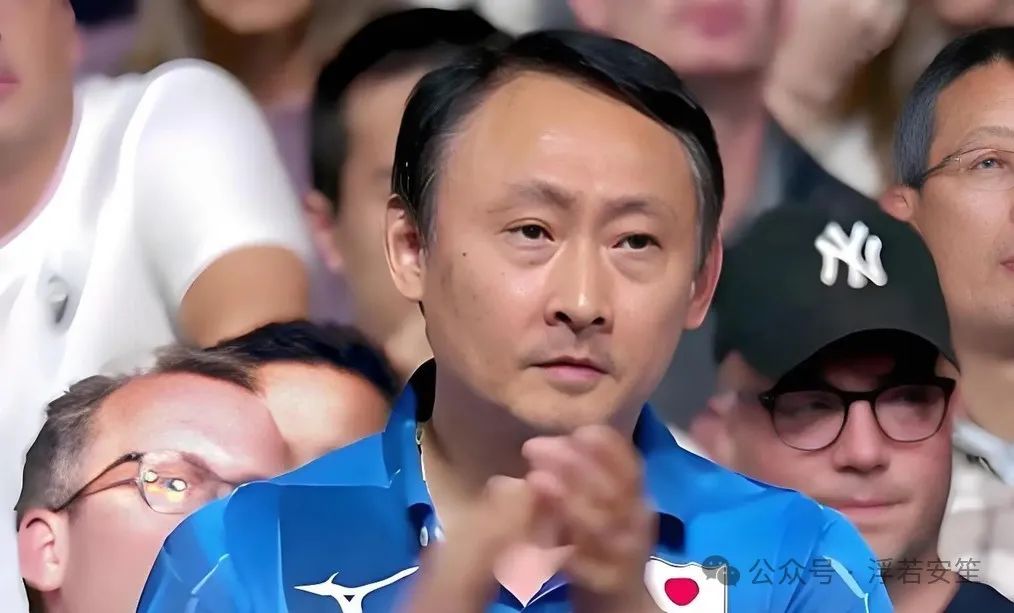
This may be precisely what Zhang Benyu wants to avoid. He knows that if Zhang Benmei shifts her focus too early to mixed doubles, it could affect her competitiveness in women's singles.
Once her singles performance declines, it will cast a shadow over her career.
- Father and Daughter United, Steadily Advancing with Scientific Training
From a training perspective, Zhang Benmei's rapid growth is inseparable from her father Zhang Benyu's meticulous guidance.
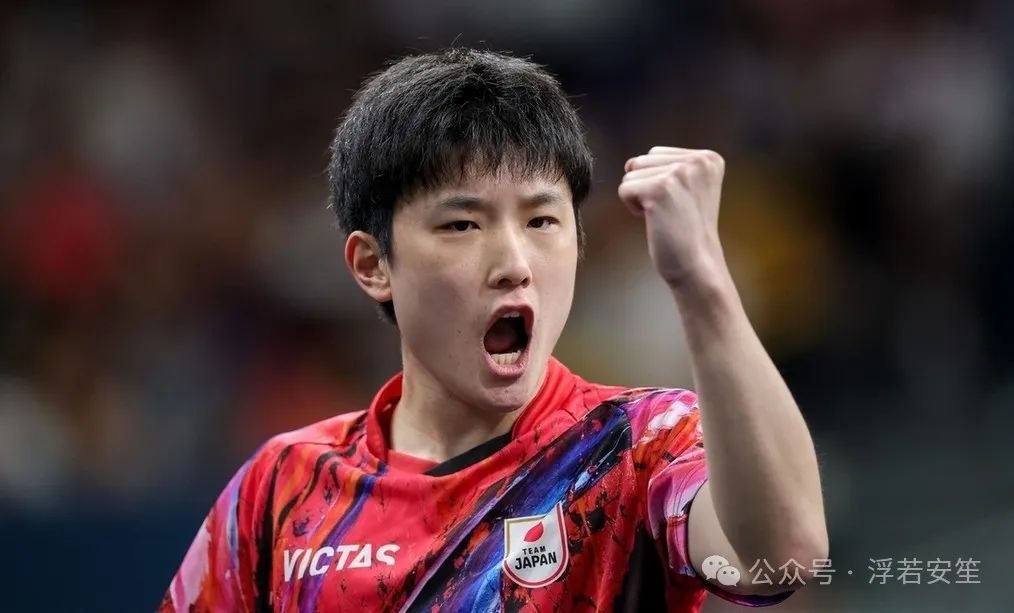
As a former table tennis player, Zhang Benyu is well aware of the fierce competition in competitive sports.
He chose to cultivate his daughter with a scientific and systematic approach rather than pursuing short-term results hastily.
Compared to chasing the Olympic mixed doubles gold medal, Zhang Benyu hopes that Zhang Benmei can steadily improve step by step and win steadily.
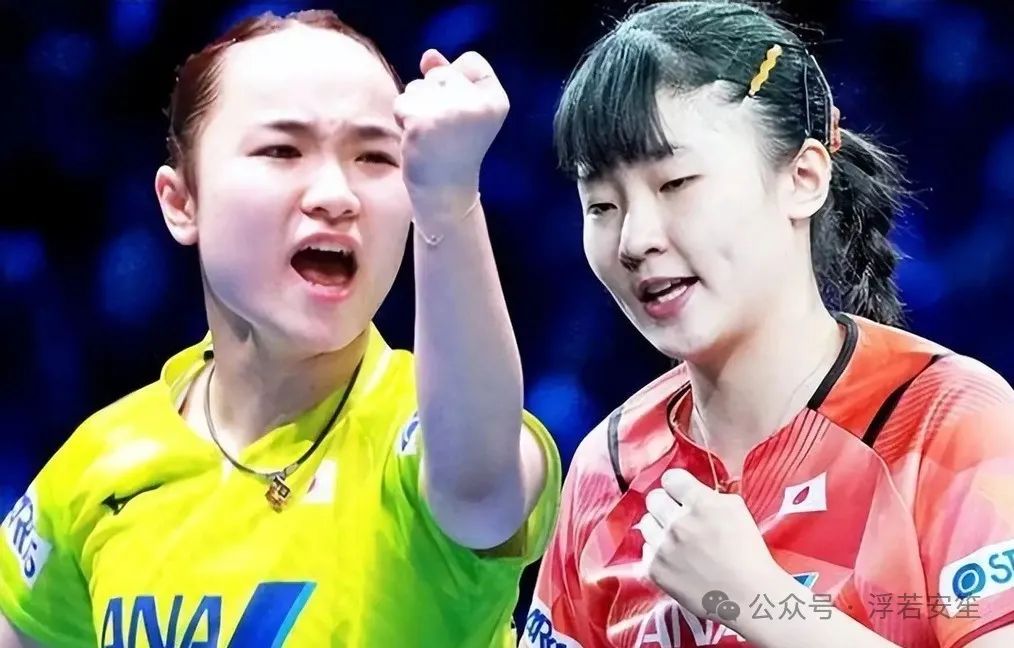
What is even more gratifying is that Zhang Benmei herself also supports this decision. She fully understands her father's painstaking efforts and frankly admits that her current goal is to fully impact singles results and prove herself in future competitions. Such a mentality is undoubtedly the key to her continuous breakthroughs.
- National Table Tennis Homage to Opponents, Seeing Growth in Competition
Regarding the decision of Zhang Benyu and his daughter, the national table tennis team also gave high praise.
Head coach Qin Zhijian said in an interview, "Zhang Benmei is a very promising player with excellent technical style and psychological quality.
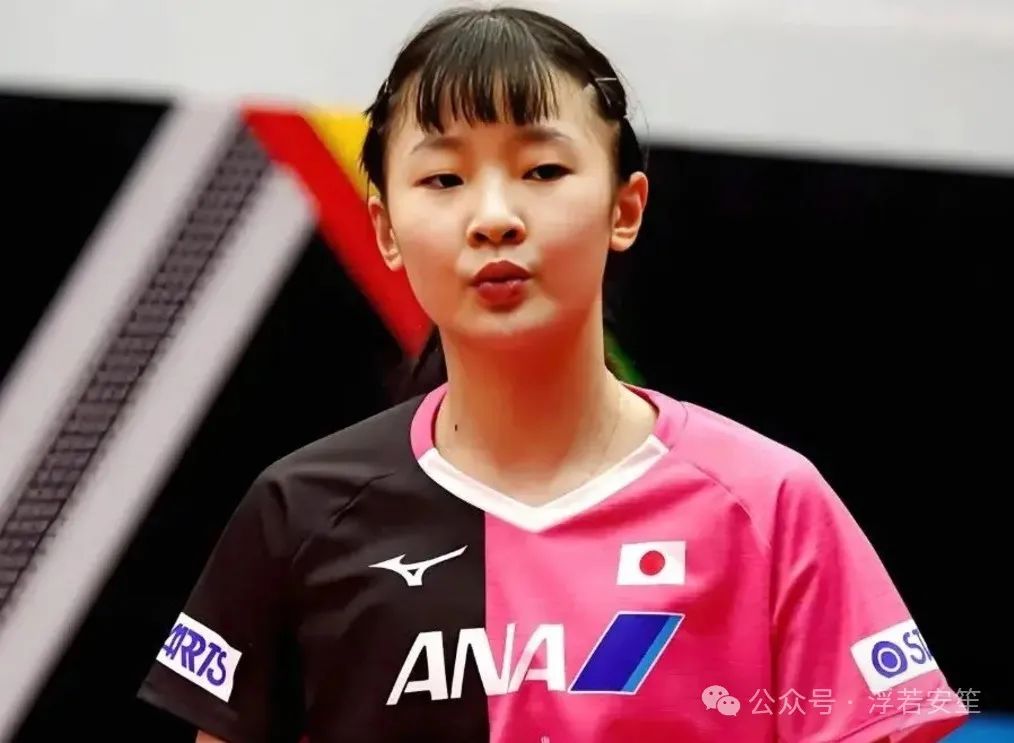
Her father's choice is a responsible move for her, and only by achieving results in singles can she truly stand at the pinnacle of the international table tennis arena." Such an evaluation not only reflects the confidence of the national table tennis team but also shows respect for strong opponents.
It is worth noting that Zhang Benmei's growth path is quite similar to that of her brother, Zhang Bzhihe. This pair of siblings have received Chinese-style training from their parents since childhood, with a playing style that combines speed and variation, unique in its own right.
Zhang Bzhihe became famous overnight after defeating Ma Long at the 2021 Tokyo Olympics, while Meihe has repeatedly caused trouble for top national table tennis players on the international stage.

Although she still has some distance from top players like Sun Yingsha and Chen Meng, her potential cannot be overlooked.
- Competitive Sports Are Not Achieved Overnight; Focus and Persistence Are Key to the Future
The cruelty of competitive sports lies in the fact that it not only tests athletes' technical levels but also their psychological endurance and long-term planning.
Zhang Benyu's choice may seem conservative, but looking at the long term, it may be the most correct decision.

An excellent athlete not only needs to achieve good results on the court but also maintain long-term competitiveness throughout their career.
Rushing into分散精力 or being eager for quick success often leads to irreversible consequences.
For the national table tennis team, the rise of Zhang Benmei is both a challenge and motivation.
Facing such a potentially limitless opponent at home not only inspires national table tennis players to continuously improve but also allows the sport of table tennis to spread and develop across a wider range.
Regardless of the final outcome of the match, Zhang Benmei's persistence and efforts are worthy of respect.
The future of the table tennis world is destined to be even more exciting. Where will Zhang Benmei's growth trajectory lead? How will the national table tennis team respond to the challenges posed by the new generation of opponents? These questions are worth our continued attention. The charm of competitive sports lies in the fact that every match has the potential to give birth to new legends, and all we need to do is wait and see.